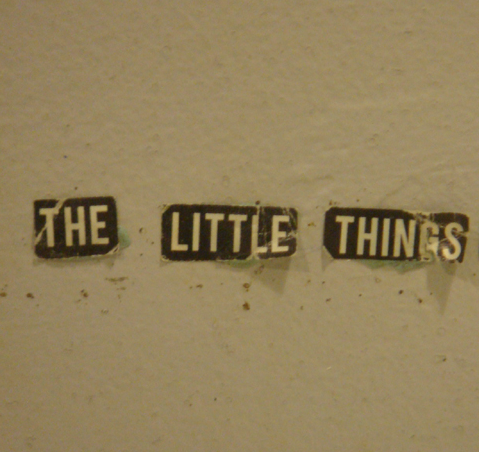“I guess they was lookin’ at me crazy cause you know, cause I ain’t have a jersey on or whatever everybody out there listen here. I played them ‘Jesus Walks’ and they didn’t sign me…..”- Last Call, Kanye West
Arguably one of the best endings to a cd … ever… Last Call gives us Kanye’s extended origin story. Kanye guides the listener in an unique blend of lyrics and conversational story telling to understand the transition and challenges on his quest from a beat maker to a rapper.
One of the pivotal points in the story for the listener is when he talks about his relationships with A&Rs (Artists and repertoire (A&R) is the division of a record label or music publishing company that is responsible for talent scouting and overseeing the artistic development of recording artists and/or songwriters…..thank you Wikipedia.) and how they responded to his unique style. Kanye was trying to persuade the music industry trend setters that he was more than capable of being the rapper they wanted but on his terms. “I played them ‘Jesus Walks'” he states.
Why Jesus Walks? Jesus Walks was one of the boldest songs on College Dropout. It took a taboo topic like religion and put it right in the spotlight of hip-hop. It was such an edgy song….. A song that could be uber successful or fail miserably. Yet, this was the song he led with…. Early in his career, he led with a risky song. College Dropout had a bunch of bangers that he could have easily used instead, but he led with Jesus Walks.
3 big lessons here…
- Most gate keepers suck at evaluating talent. They are exceptionally efficient at maintaining status quo.
- Succeed amazingly or fail fantastically. It’s a waste of an opportunity to take the middle road on a big gamble.
- Believing is really half the battle. Kanye proves this again and again.
When it comes through the wire (you see what I did there?), what’s your Jesus Walks? What character trait, product, or service do you lead with that sets you apart from others? Are you fearless enough to share it?





